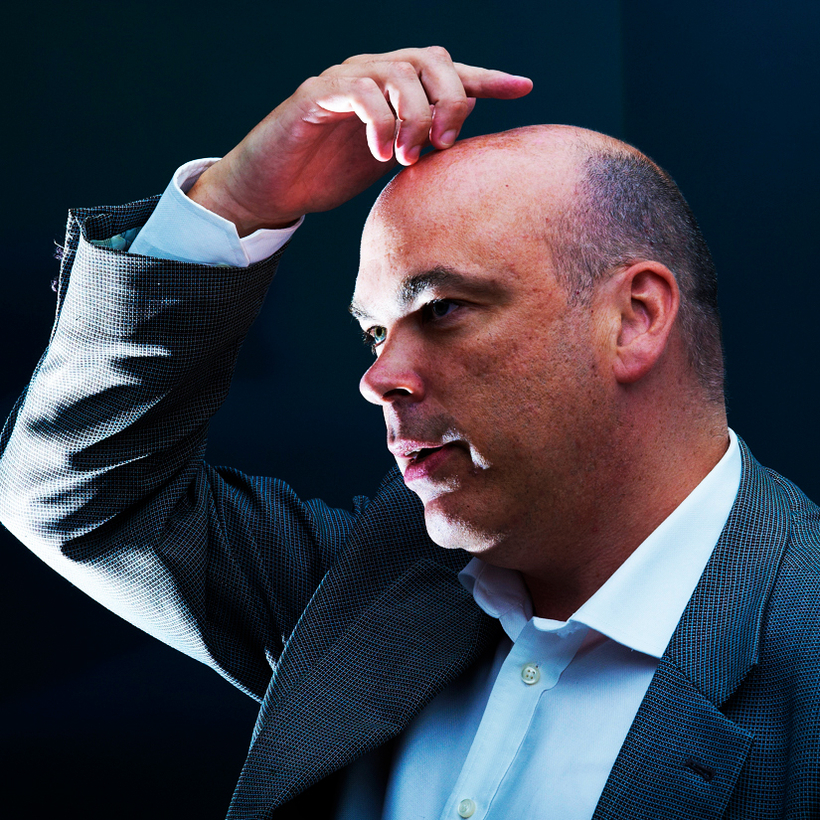Every moment of every day, Mike Lynch is being watched. It’s easy to imagine the British tech tycoon’s days, shuffling around the kitchen, watching American political pundits scream at each other on cable news, all under the watchful eye of the video cameras strategically placed throughout the rooms of the San Francisco house he has called home since he was extradited to the US in May 2023.
In addition to 24-hour video surveillance, a GPS monitor fitted to his ankle ensures that he complies with rules that prohibit him from leaving the house except for medical or religious reasons. The judge overseeing his impending criminal fraud trial slightly relaxed those terms recently, allowing him outside between the hours of 9am and 9pm — but not without the escort of two private security guards, paid for by Lynch.

